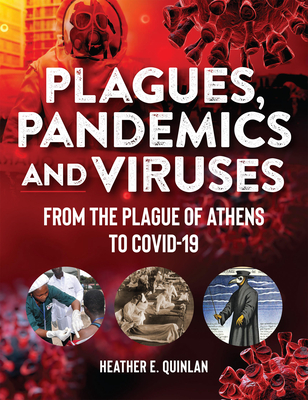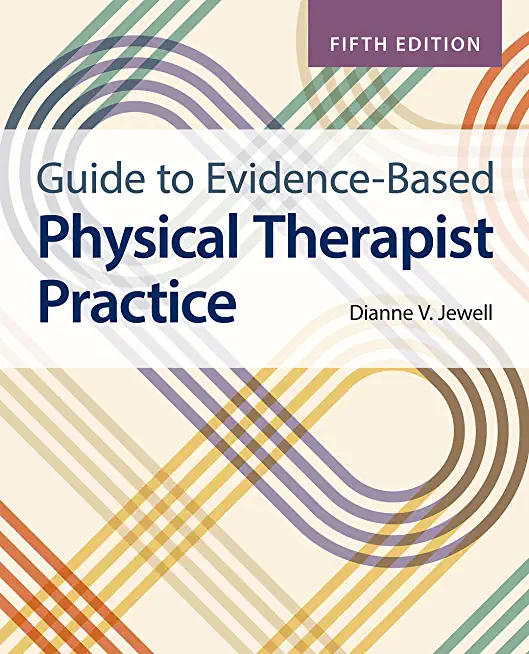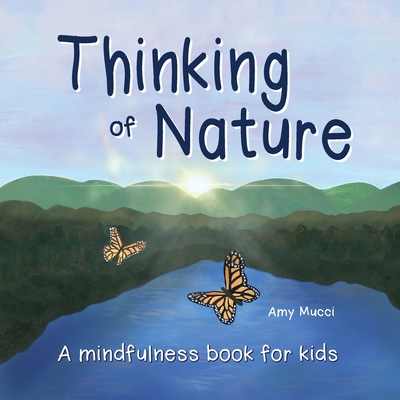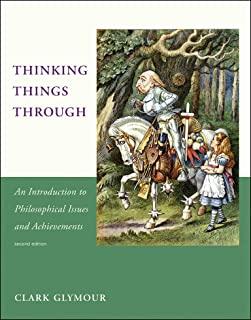Viruses are neither alive nor dead and are the closest thing we have to zombies. Their only known function is to replicate themselves, which can have devastating consequences on their hosts. Most, but not all, bacteria are good for us. Some are truly horrific, including those that caused the bubonic, pneumonic, and septicemic plagues. And viruses and bacteria are always morphing, evolving, and changing, making them hard to treat. Plagues, Pandemics, and Viruses: From the Plague of Athens to Covid 19 is an enlightening, and sometimes frightening, recounting of the destruction wrought by disease, but it also looks at what man has done and can do to overcome even the deadliest and bleakest of contagions.
More than two years in the making, author Heather E. Quinlan was deep into her research and writing when COVID hit. She quickly saw the similarities to plagues from the past. Plagues, Pandemics, and Viruses: From the Plague of Athens to Covid 19 not only covers the history, causes, medical treatments, human responses, and aftermath of the world's biggest pandemics, but it also draws parallels to the present. It chronicles the diseases that have inflicted man throughout the millennia, including ...
Along with investigating some of history's most notorious pandemics and diseases, Plagues, Pandemics, and Viruses takes a look at human resilience and what we've learned from the past. It looks at how science, the medical community, and governments have conquered or mitigated most epidemics even before they can turn into pandemics. It reviews the science of pandemics, preventative measures, and medical interventions and it includes an exclusive interview with Dr. Anthony S. Fauci, director of the National Institute of Allergy and Infectious Diseases, as well as other experts in the medical community. Richly illustrated, it also has a helpful bibliography and extensive index. This invaluable resource is designed to help you understand, and protect you from, plagues, pandemics, epidemics, viruses, and disease!








